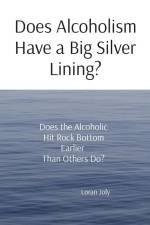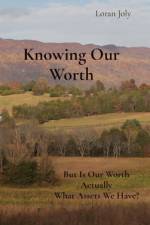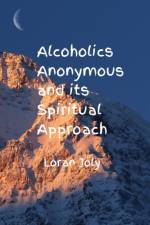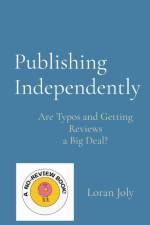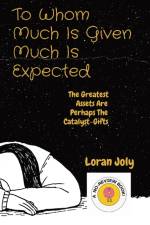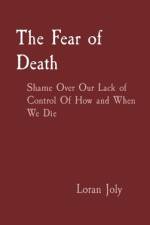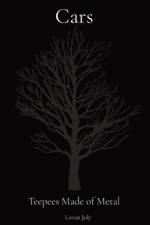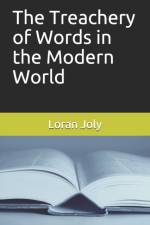av Loran Joly
145,-
Addictions are said to be common.But what if all of us actually have one or more addictions?Have we thought that an addiction is simply a "crutch" - a Defense Mechanism, as Freud talked of, that is used several times until it becomes a habit?The author maintains it is impossible to not use one or more defense mechanisms, and therefore that it is impossible for all human beings to not have one or more addictions. He believes this is because of the limitations of our brains - our amygdala, for instance, which can be very reactive; and the overwhelming pleasures of certain matters such as certain chemicals, and activities like sex and the release of aggressive feelings - which the author believes have such a big bang that he calls them the "crack" pleasures; and our knowledge that we will one day "expire", and we this is understandably troubling, given our inbuilt wiring to survive, and the obvious pleasures of continuing to live; and then, too, our brain is not wired to remember everything, and this too causes us trouble.We can thus attempt to refine our lives, but there will always be the need for these Defenses - these addictions, he maintains.But surely, we would like to have an optimal life - one where our addictions - our Defense Mechanisms - have the least negative impact upon ourselves and others, especially in the long term.... Psychoanalysis refers to these as the "Mature" defenses.And perhaps we could say, "The Optimal Use" of defenses - or addictions, once again.The author has a balanced view of addictions, from a variety of sources: he has experienced 150 sessions of psychoanalysis with two physicians, in the 1980s - one hundred of these in San Diego, California. Also, he spent four years at West Point, before this time, studying Electrical Engineering and other subjects; and then was a combat arms officer in Germany for several years, in the area of tanks, after originally attempting to become a physician when he first engaged in his studies. Twenty years after studying Electrical Engineering, he studied fifteen mathematics courses at Berea College, and also took up the use of Spaced Repetition Software - using SuperMemo - to accumulate a sum of over 160,000 flashcards on various people-subjects, including psychology, sociology, religion, trauma, and addictions. This took him fifteen years and a total of 10,000 hours.He brings to this field, some interestingly new ideas, he believes:He spent twenty years helping a family member deal with and successfully overcome alcohol "issues". This included visits to hospitals over 150 times.He also has spent five years helping and benefitting personally, at a drop-in shelter in an urban area.He also has worked for a home care agency, and later started one of his own.He has uncommon views too, in that he spent his first five years in inner-city Detroit and attended Kindergarten in this inner-city environment; yet later, he lived in many rural areas as a youth, in both Minnesota and on his grandparents' farm in Michigan every summer in childhood. Later on, he lived in a rundown area of San Diego, to save money while "in' psychoanalysis; yet later still, he lived in low-income housing in Appalachian Kentucky for four years.He applies his immigrant and their religion, too: his mother and grandmother were from Poland, and his grandfather was from Ukraine. The author later tied Christian and Buddhist views together, having spent a week at L'Abri, when twenty-one, and much later, one hundred Saturday mornings at a Meditation Center, and finally, having visited a Buddhist monastery four times, for workshops and to talk with two Tibetan monks there.

